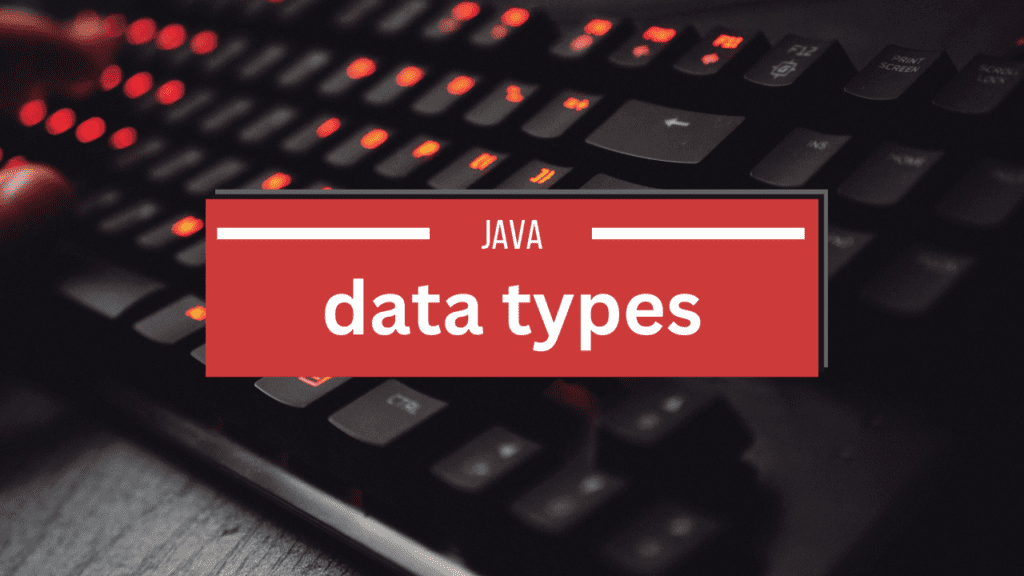
In the ever-evolving landscape of programming, each boasting its own set of strengths, quirks, and use cases. Whether you’re a budding programmer deciding where to start or a seasoned developer pondering your next project’s language, understanding the fundamental differences between these two can be a game-changer. So, let’s embark on this enlightening journey, comparing C++ and Java across various facets.
Syntax and Learning Curve
C++, birthed from the C language with the addition of object-oriented features, boasts a syntax that can be intricate for beginners. It offers immense power and flexibility, allowing low-level manipulation of data structures and memory. However, with great power comes a steeper learning curve, especially when delving into advanced concepts like pointers, manual memory management, and template metaprogramming.
Java, on the other hand, was designed with simplicity in mind, abstracting away the complexities of direct memory management and hardware interaction. Its syntax is cleaner and more straightforward, making it a friendlier choice for newcomers. Java’s “Write Once, Run Anywhere” (WORA) mantra means it’s highly portable across platforms, a feature that simplifies development and deployment.
Performance and Efficiency
When it comes to performance, C++ often takes the lead due to its closer proximity to hardware, offering developers the ability to optimize their code for maximum efficiency. This makes C++ the go-to choice for performance-critical applications such as game engines, high-frequency trading systems, and embedded programming.
Java might not match C++ in raw performance due to its reliance on the Java Virtual Machine (JVM) for execution, which introduces a layer of abstraction. However, advancements in JIT (Just-In-Time) compilation and garbage collection have significantly narrowed this gap. Java’s performance is more than adequate for enterprise applications, Android app development, and large-scale systems where ease of development and maintainability are paramount.
Memory Management
C++ offers manual memory management, giving developers the responsibility (and headache) of allocating and freeing memory. This allows for fine-tuned control over resource management but also opens the door to bugs and memory leaks if not handled meticulously.
Java simplifies the developer’s life with its garbage collector, which automatically reclaims memory once objects are no longer in use. This reduces the risk of memory leaks but at the cost of unpredictability in timing, which might be a concern in real-time applications.
Platform Dependency and Portability
C++ is a compiled language, meaning its code is translated into machine-specific instructions. This results in highly optimized executables for a particular platform but requires separate compilation for each target environment, potentially complicating cross-platform development.
Java’s bytecode, executed by the JVM, ensures that the same program can run on any device equipped with a compatible JVM, embodying true portability. This cross-platform capability is a significant advantage in diverse environments and simplifies deployment across different operating systems.
Use Cases and Application Areas
C++ shines in scenarios where system-level programming, high-performance, and fine-grained control over system resources are crucial. It’s the language of choice for developing complex systems like operating systems, game engines, and real-time simulation programs.
Java is predominantly used in enterprise environments, web applications, and Android app development. Its robust ecosystem, including extensive libraries and frameworks, makes it ideal for developing large-scale, distributed systems.
Community and Ecosystem
Both C++ and Java boast large, active communities and vast ecosystems, providing a wealth of resources, libraries, and frameworks to support development efforts. Java’s long-standing presence in enterprise and web development has fostered a rich set of tools for application development, testing, and deployment. C++, with its roots in system-level programming, offers extensive libraries for graphics, game development, and high-performance computing.
The Verdict?
Choosing between C++ and Java hinges on your specific needs, project requirements, and personal preference. If you’re aiming for high-performance applications with close-to-the-metal computing needs, C++ might be your ally. On the flip side, if you’re looking for a language that offers ease of use, portability, and is suited for enterprise-level applications, Java could be the way to go.
Both languages hold their ground in the programming world, each serving distinct niches with prowess. Understanding their differences is the first step in discerning which language aligns with your goals. Happy coding!
comment for more coding Queries
useful datatypes in java that you don’t know.



Comments are closed.